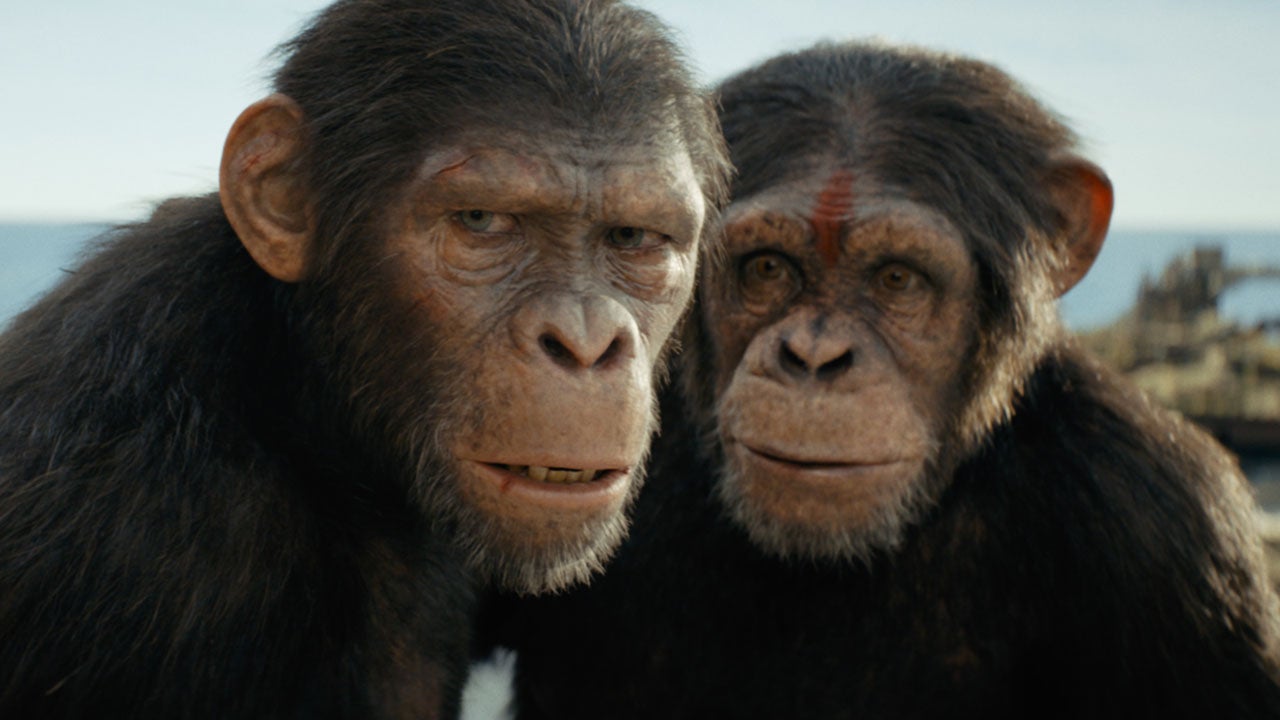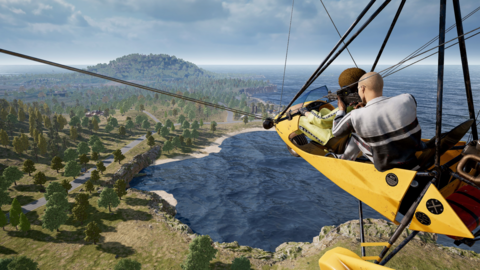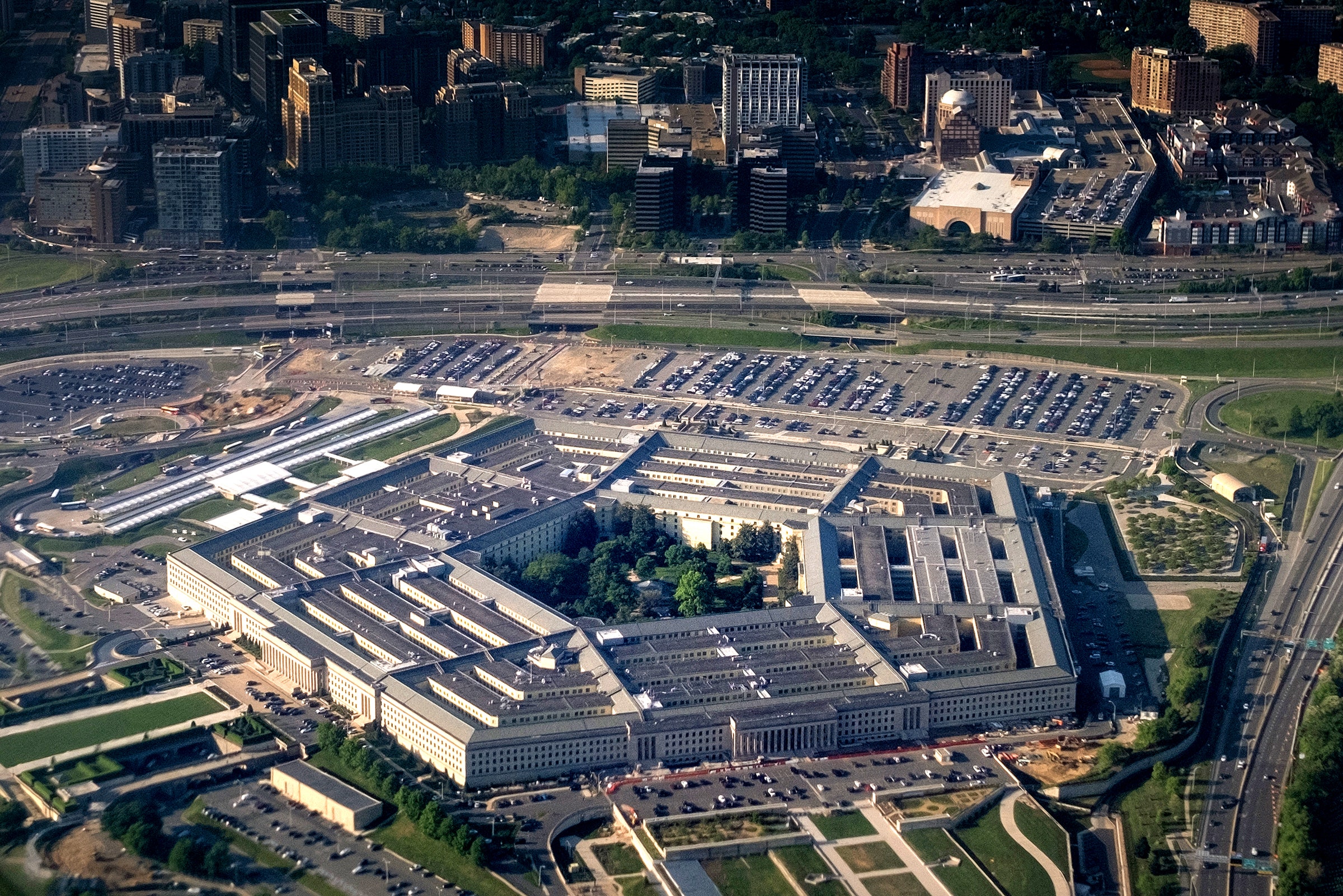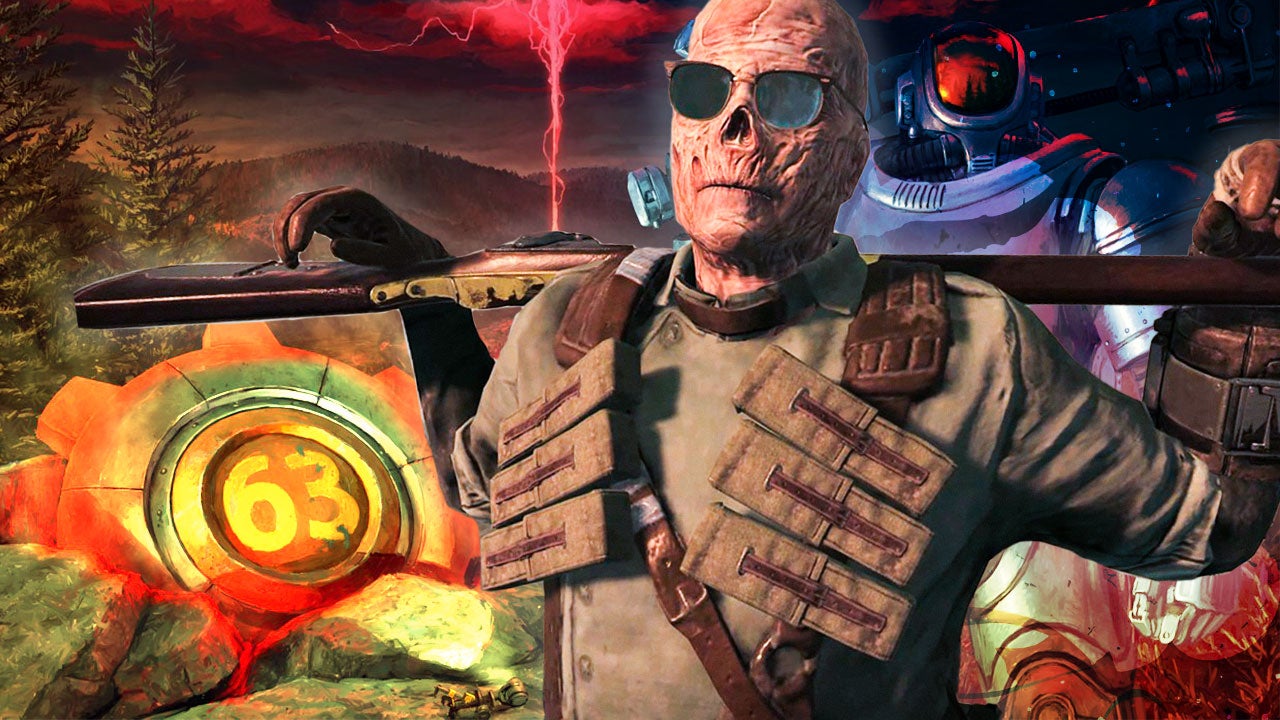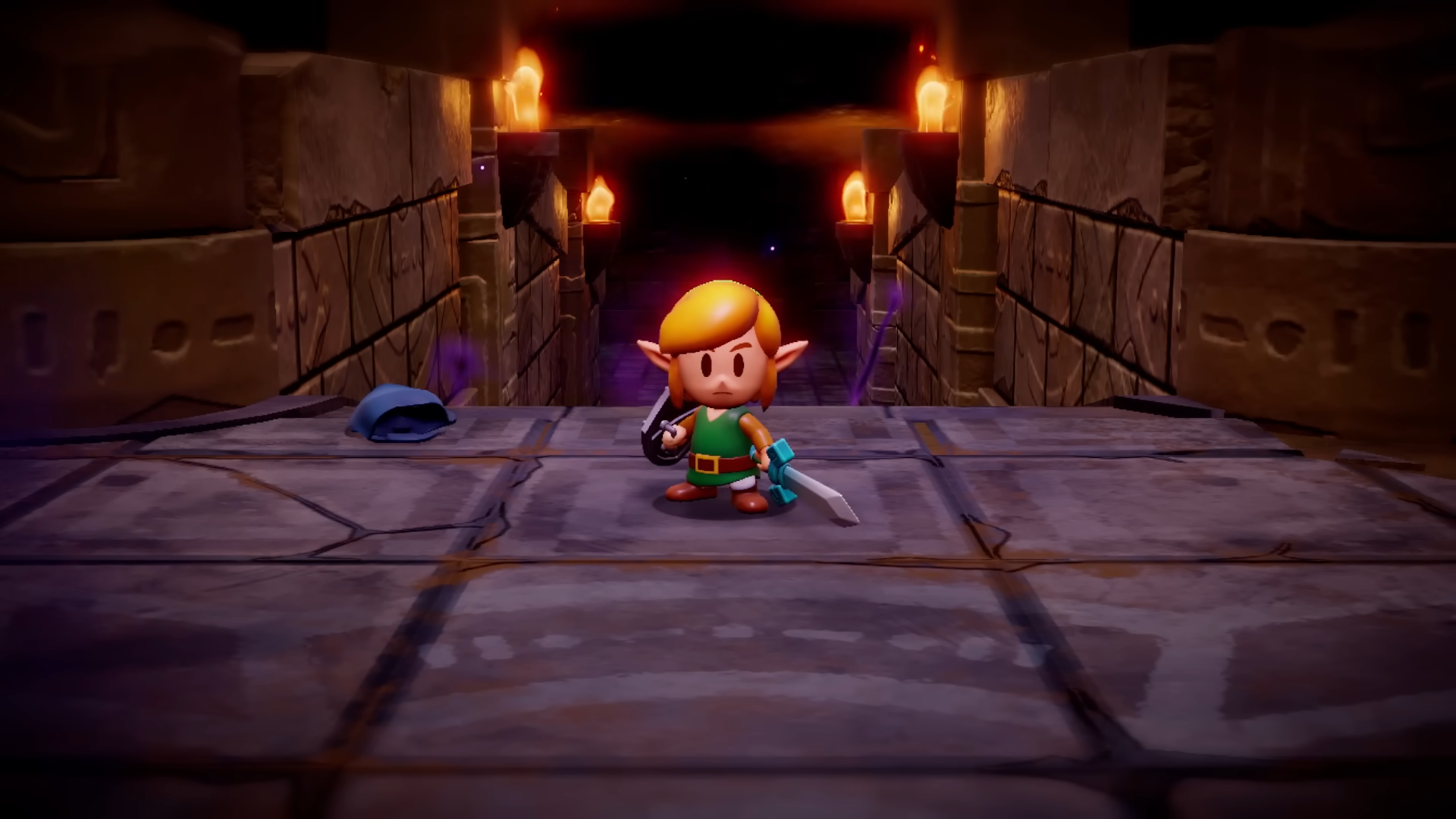Warning: This article contains full spoilers for Kingdom of the Planet of the Apes.
What a wonderful day indeed, because Kingdom of the Planet of the Apes is now in theaters. The tenth entry in the venerable science-fiction franchise is starting off with strong reviews (including IGN’s) and a $129 million global opening weekend, proving that the Apes series can still be a draw even without Andy Serkis’ Caesar in the lead role. Although director Wes Ball’s newest entry is apparently intended to start a new trilogy, it works perfectly well as a standalone entry. We’ll see how the film’s trajectory pans out over the coming weeks, but at least for now, it seems the Apes franchise will be with us for quite a while longer.
Which raises a question: how has Planet of the Apes managed to stay fresh after so many entries? Set aside the fact that Kingdom is the fourth of the reboot series; there were also five movies in the original series produced in the 1960s and ‘70s, two spin-off television shows, as well as Tim Burton’s 2001 remake (we’ll forgive you if you forgot that one). Kingdom seems to have highlighted the answer: keeping the conflicts relatively localized, with only the aftereffects having global ramifications. The way the franchise hones in on small, personal stakes for the characters involved gives it an edge over many of its contemporaries, and keeps the series squarely in the science-fiction genre, as opposed to crossing over into full-out action blockbuster territory. What’s going on here? Let’s take a look.
Monkey Business
Since the release of Rupert Wyatt’s 2011 film Rise of the Planet of the Apes, the Apes reboot series has remained one of the most well-respected blockbuster brands. Although Rise was later outdone by its sequels, it’s still a solid science-fiction entry with an admirable sense of restraint. Rick Jaffa and Amanda Silver’s script zeroes in on relatable human (and ape) drama, with the film’s action setpieces only coming into play in the final third. At a time when we’re drowning in action blockbusters that are often structured like roller coasters, it’s remarkable to look back on Rise and see a big studio movie that was willing to be so patient. Rise trusts its audience to engage with the story’s core themes, and that trust extends into its sequels.
The new Apes series really hit its stride in 2014, when Matt Reeves took over the property with Dawn of the Planet of the Apes. Building on the cast of ape characters introduced in the first film, the motion capture work by Weta Digital fully cemented itself in this film, giving life not just to Caesar and a small handful of compatriots, but to an entire community of apes. The film gives nuance to the ape supporting cast and paints their conflict with a human settlement living in the ruins of San Francisco with emotional depth. This is exemplified in the film’s antagonist, Toby Kebbell’s Koba. Despite a tragic backstory and an understandable motivation for his hatred of humans, Koba emerges as the aggressor in what was ultimately a completely avoidable conflict.
Said conflict explodes into all-out war in the appropriately titled War for the Planet of the Apes. But once again, the movie keeps its scale relatively small. Even though it’s a war story, the actual conflict is between Caesar’s tribe and a single battalion, the Alpha Omega militia, while the plot primarily concerns an attempt to liberate Caesar’s people from the militia’s prison. In all of these movies, the narrative engine is driven by a conflict that is specific and contained, where the movie’s bigger themes can be expressed without needing to belabor the plot with excessive exposition or world-building. These movies share an attitude of self-discipline that has become somewhat rare in mainstream Hollywood, and this tendency continues into its latest entry, if to slightly more mixed results.
Gorilla Warfare
Make no mistake, Kingdom of the Planet of the Apes is another worthy installment in the Apes canon. Wes Ball’s keen directorial eye produces some of the series’ best visuals, the story takes surprising turns even though it’s the fourth film in this continuity, and Ball gets several strong performances out of his main cast (special shout-out to Kevin Durand as main villain Proximus). But if Kingdom has a main flaw, it’s that it’s perhaps too leisurely paced, with the first half stretched far too thin for how little dramatic meat it explores. Once Noa gets to Proximus’ kingdom, the movie locks in for a stellar back half, but the post-apocalyptic journey he takes to get there is low on tension and banks too much on pushing back a reveal that should have happened way earlier.
The reveal is that Mae, the human joining Noa on his journey, is not an unintelligent mute like he expected, but is instead posing as one. She is from a group of isolated humans who never lost their ability to speak living inside an underground structure. These humans are seeking a way to communicate with the outside world. It’s a great twist, one the marketing didn’t even hint at, but delaying it for so long not only throws off the pacing, but also raises many questions about what her plan even was. She was apparently selected for this mission of great importance (along with some teammates who are killed by Proximus’ soldiers before the movie starts), but the way she acts before we learn she’s intelligent rests too much on her assuming that Noa and his orangutan companion Raka would risk themselves multiple times to save her.
This issue mostly fades away once the back half begins, where the film focuses on a localized conflict about Proximus trying to open a human vault full of military technology, and the good guys trying to both stop him and save the kidnapped apes from Noa’s tribe. Like with Koba in Dawn and Woody Harrelson’s Colonel in War, Proximus’ ambitions as an antagonist are kept in check by the logistics of what he is seeking to achieve, which comes down to greater control over the territory we actually see. Would he become a global threat if he had access to guns and a few tanks? No. But would he become a tyrannical force over the small amount of countryside and all the characters we do see? Absolutely. Whether or not every storyteller involved in the series agreed to do so, placing the attention on specific stakes instead of abstract ones has been the Apes series’ most important throughline.
Ape-pocalypse Now
That is not a goal that many other contemporary film franchises share. As blockbuster budgets keep ramping up and franchise films feel less and less like products of their directors, a push for grand-scale conflicts has settled in for many of our biggest movies. Superheroes are always trying to save the world (or universe) from whatever mega-villain threatens it this week, and characters in big movies are often motivated by hazy ideals that leave them feeling like empty vessels who don’t really want anything tangible. That’s not to say all blockbusters are like that, or that there aren’t any good movies that run into these pitfalls, but part of what’s kept Planet of the Apes so well-respected by critics and audiences, consciously or otherwise, is that it knows what is important to each of its respective entries. Each story keeps its conflicts within a small realm that the audience can engage with, and only allows the aftereffects to be wide-reaching.
In Rise, Caesar and his friends were simply trying to escape an abusive situation; they had no idea that would lead to the spread of a devastating virus. In Dawn, the armed conflict Koba starts only takes place between two small factions within one city, but that ignites greater war because of Dreyfus contacting other militarized settlements. In War, Caesar simply wants to free his people from captivity at the Colonel’s hands, and has nothing to do with the mutation in the virus that renders people mute. And in Kingdom, Noa and Mae are just trying to stop Proximus from getting access to weapons (and Mae also has a secret mission to swipe a decipher key her settlement needs to access satellite communication), but now there is an understanding that intelligent human society will start reasserting itself in a world ruled by apes.
The series' tradition of small events unintentionally sparking global consequences is one of the key ways it adheres to the conventions of classic science fiction. This makes sense given that the original 1968 film was based on La Planète des singes, a 1963 French sci-fi novel by Pierre Boulle. Exploring the ramifications of technological innovation and societal collapse through a personal lens are ever-present themes in the genre, and the Apes movies take their cue from that creative impulse. Sure, the events that occur are apocalyptic by nature, but no one in the Apes films is fighting simply for “the fate of the earth” or something else as elusive. They’re fighting for the people and things right in front of them, and so long as the series keeps its eye on that ball, we’ll likely be enjoying these films for a long time to come.
Carlos Morales writes novels, articles and Mass Effect essays. You can follow his fixations on Twitter.
